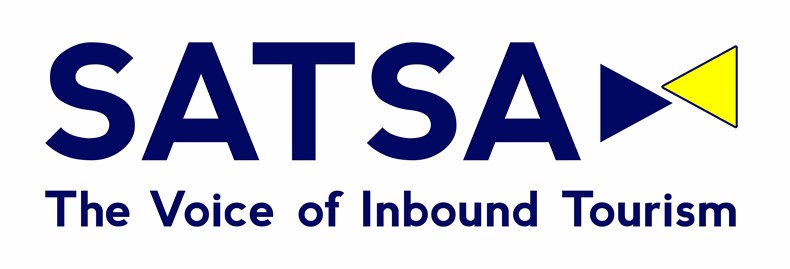South Africa Risk-Adjusted Approach To Covid-19 Lockdown Means Reopening Dates For International Tourism Yet To Be Defined

“Industry is lobbying for phased reopening of international inbound tourism as close to 1 September 2020 as possible based on stringent safety and health protocols” - TBCSA
JOHANNESBURG, 8 JUNE 2020 – Reports that South Africa’s international tourism will only reopen in 2021 are premature as South Africa’s Risk-Adjusted Strategy is based on levels of lockdown, not dates.
There have been widely publicised statements quoting speculative timelines for the reopening and recovery of inbound international travel to South Africa, even as late as 2021, but since the levels are defined according to relevant epidemiological facts, no concrete dates have yet been determined.
Although parts of the travel and tourism sector have been earmarked for return in Levels 2 and 1, depending on their risk profile and the spread of COVID-19 in South Africa, we have already seen the inclusion of business travel in Level 3 due to successful lobbying for earlier reopening of this critical sector.
South Africa’s tourism private-sector, under the Tourism Business Council of South Africa (TBCSA), has been engaging on the Tourism Recovery Strategy currently being developed by South African Tourism. TBCSA is advocating unequivocally for the earlier phased reopening of international tourism to South Africa this year to as close to September 2020 as the Risk-Adjusted Strategy allows, based on a phased approach.
This data-driven recovery strategy has been presented to relevant government authorities and is guided by government’s risk-adjustment strategy as well as the preparation that the tourism industry has put in place to ensure safety and stringent health-focussed protocols to guide and assist stakeholders within the travel and tourism value-chain including staff, travellers and guests. The TBCSA will also be presenting the approach at the next Parliamentary Portfolio Committee meeting on 9 June 2020.
The protocols are important because they will inform the extent to which and timelines for the reopening of international tourism. These are aligned with the latest World Health Organization, National Institute of Communicable Disease and Department of Health guidelines and have been approved by the Department of Tourism. South Africa’s approach to managing the spread of the pandemic has also been widely praised throughout the world.
Inbound tourism employs over 375,000 people in South Africa and contributes 8.7% of our exports. It is estimated that over 40,000 jobs have already been lost within the tourism sector, and it is critical to preserve those left. There are also significant knock-on effects on other parts of the economy as a result of not having international tourism and travel open. This will also affect South Africa’s status as a regional hub and leading African destination should neighbouring countries and our competitors open up their borders faster.
From an inbound international tourism perspective, the TBCSA is putting acute emphasis on the importance of tourism to South Africa in the fourth quarter and the value of the forward book.
The summer high season runs from September to March and represents 60% of the annual business for tourism. The nature of international inbound tourism is such that we have long lead times between booking and travel.
The proposed phased recovery strategy provides for an initial 6-8 week Preparation Phase, followed by a Phase 1 trial phase where safe source markets with similar risk profiles and stages of pandemic are allowed to travel to South Africa. These travellers would be vetted, all stringent safety protocols would be in place and the focus would be on low-contact product and low-risk areas, traditionally with low density.
In Phase 2, South Africa would further open key markets, expand the experiences on offer, until in Phase 3 air access is opened fully and the destination can restart its longer-term growth strategy. At the same time, South Africa will have to focus on continuing to create an enabling environment for tourism, which looks at more visa waivers, a robust eVisa system, the fixing of vehicle licencing and permits and air liberalisation.
We are confident South Africa’s tourism economy can be opened up safely if we follow global best practice and the comprehensive protocols we have developed. By opening up as close to 1 September in a responsible manner, we will save the entire 2021 inbound tourism revenue stream and tourism in South Africa.
